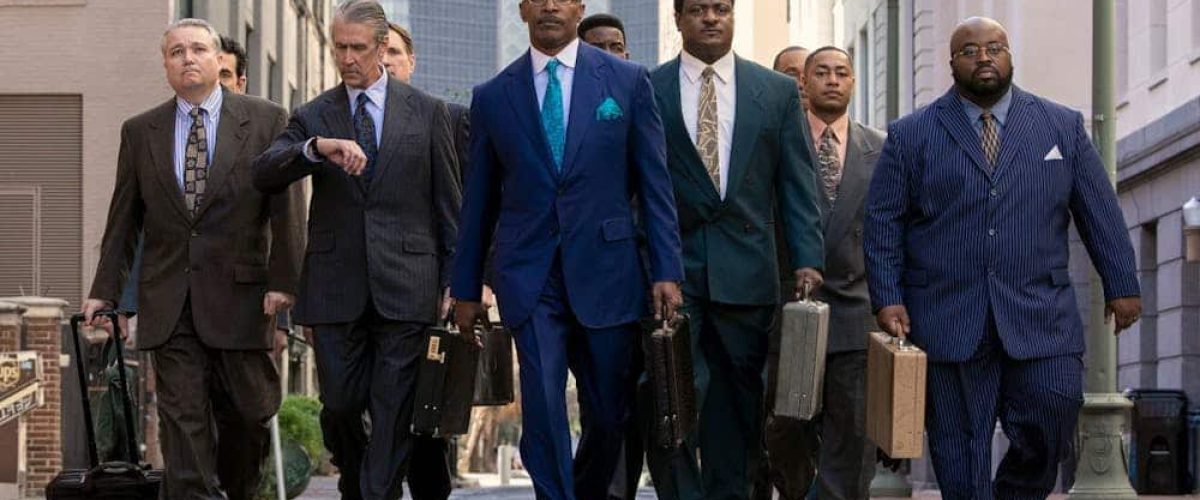Wondering if you should settle your personal injury case or go to trial? Learn the pros, cons, and how a lawyer can guide you toward the best choice.

If you’ve been injured in an accident, one of the biggest questions you may face is whether to settle your case or take it all the way to trial. Both options have pros and cons and understanding them can help you feel more confident in your decision. Every case is different, but here are some things to think about.
What Is a Personal Injury Settlement?
A settlement happens when you and the other side (usually an insurance company) agree on a dollar amount to end the case. This means no judge, no jury, and no trial. Settlements are very common in personal injury cases because they bring closure and certainty. Once you settle, you’ll usually receive the agreed amount of money within a set time frame, and the case is over.
Benefits of Settling a Personal Injury Lawsuit
Settling has several benefits:
- Faster resolution: It can take, on average, 2-5 years before your case goes to trial. This isn’t your fault, or your lawyers’; our justice system is just backlogged. A settlement can often be reached much sooner, which means you can move forward with your life.
- Less stress: If you go to trial, you will have to testify. This means you must tell your story to strangers, and the other side’s lawyer gets to try to poke holes in your story during cross-examination. This can feel invasive and is often very difficult. Settling avoids that stress.
- Certainty: With a settlement, you know exactly what you’ll receive. It may not be 100% of what you feel you deserve, but you know what the number is before you decide. In a trial, there’s always a chance you could win big—or walk away with nothing. Your fate is in the hands of the judge or jury.
For many injured people, especially those dealing with medical bills and financial stress, these benefits are hard to ignore.
Why Some Personal Injury Cases Go to Trial
A trial is when your case goes before a judge or jury. Each side presents evidence (including your testimony), and the judge or jury decides how much (if anything) you should be awarded. Trials are riskier, but they can also result in higher compensation if the jury sees your case favorably.
Reasons someone might go to trial include:
- Low settlement offers: If the insurance company refuses to make a fair offer, trial may be the only way to pursue full compensation.
- Accountability: Some clients want their day in court to hold the other party publicly responsible.
- Potential for higher damages: Juries sometimes award amounts that are larger than what was offered in settlement.
- No compromise required: While clients run the risk of the judge or jury deciding they don’t get anything at trial, at a settlement, the insurance company will expect you to accept less money than you are entitled to as a compromise for settling early and without the stress of trial. At a trial, you don’t have this compromise.
How Your Personal Injury Lawyer Should Help You
One important thing to understand is that your lawyer cannot—and ethically should not—force you to settle or to turn down a settlement. The decision is always yours. What your lawyer should do is give you their honest legal opinion, explain the strengths and weaknesses of your case, and tell you whether they recommend making, accepting, or rejecting an offer.
Think of it like this: your lawyer is driving the bus in your case. They steer, they know the roads, and they guide the journey. But at the end of the day, you always get to decide when to get off the bus. It’s your case, your future, and your choice.
Final Thoughts
There isn’t a one-size-fits-all answer. Many cases do settle, and that makes sense for a lot of people. But sometimes, trial is the right choice, especially when settlement offers are too low. The best decision depends on the strength of your case, your personal needs, and how much risk you are willing to take.
The most important thing is to talk openly with your lawyer about your goals, your financial needs, and your comfort level with risk. A good lawyer will help you weigh your options and give you the guidance you need—while respecting that the final call is always yours.



















